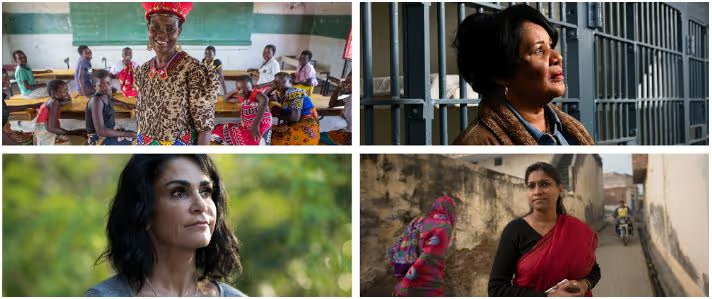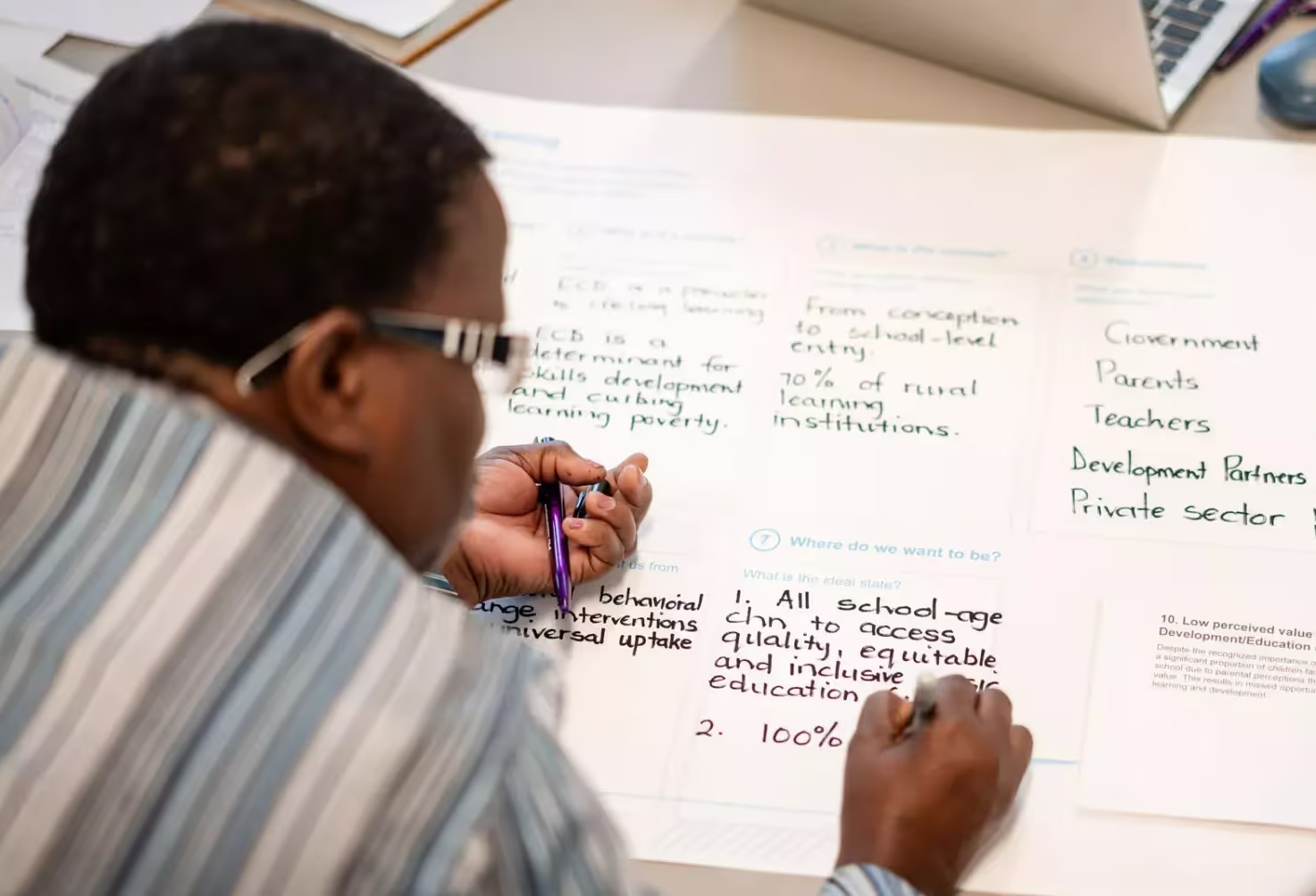Courage to Question - A VR Series about Women

Many of us who fight for women’s rights have the privilege of knowing mighty women and girls. They are the courageous ones - those who insist on and fight for a future where women and girls are free from violence and can live out their full potential. Most of these women’s rights defenders are not widely known, yet work tirelessly at grave risk to themselves and their families. Along with UN Women, and the civil society organizations Vital Voices and Global Fund for Women, we identified four women’s rights defenders who are building movements against mass incarceration, human trafficking, child marriage and sexual violence. Their stories are the stories of our virtual reality series, “Courage to Question.”


.avif)

